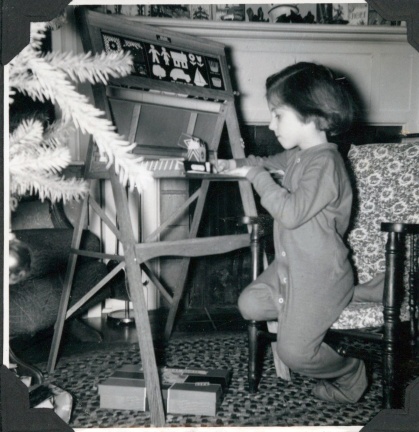
I talked early, read early, and wrote early, though never legibly! So words fascinate me, especially the difference between their connotative and denotative meanings. A word can denote a fact, such as a chair. But the word chair may also have specific connotations or associations for a particular person. A convict on death row would hear the word “chair” with chills while a tired mom might hear the word “chair” as a welcome relief.
A key way that writers, speakers and public figures can affect the perception of hearers and listeners is to be very conscious of this difference and shape their rhetoric accordingly. For instance, it is a fact that the United States Congress passed a bill called “The Affordable Care Act.” But consider the connotations of the words “affordable” and “care.” Both sound quite promising and are able to give a warm feeling to anyone who sees them regardless of the actual details of the Act. So opponents of this bill began to rename it “Obamacare.” Since somewhere around half of the U.S. population had negative feelings about President Obama, this word shift cleverly changed the reception of the Act. Suddenly many people who didn’t like the President didn’t like the Act, including those who had supported it with its previous name. The discussion went from being a disagreement about the details of the bill to a disagreement about the President.
In a similar way, doctors in the United States wanted to be paid from Medicare(the senior health plan here) to have conversations with their terminally ill patients. They wanted to be paid to take the time to thoughtfully plan what each patient desired for end of life care. None of these included “doctor assisted” suicide. Regrettably, one politician renamed these discussions “death panels.” Unsurprisingly, the Congress dropped the discussion wanting to avoid seeming to favor “death panels” which would supposedly decide who would die. Clever word choice changed the conversation completely.
We need to pay attention to word choice. If you are having an emotional response to what you hear, think about how words are shaping your reaction. And how might stating it differently change your response even as the facts remain the same?

That happened to me today actually. I do what I always do. I asked the person to clarify. It’s so easy to misspeak, mistext, and all the other ills of communication.
LikeLike
Curious about the exchange.
LikeLike
I don’t remember what it was now! 😂
LikeLike
Interesting indeed Elizabeth. Thank you
LikeLike
Oh this is Good! I recall a conversation with a neighbor (male): I said that someone “had potential”, which I meant as a compliment, hopeful, positive–but just an observation, with no personal motives or intentions implied. He heard it as me wanting to “fix” or “improve” the person….which, in his circle of acquaintances, is what women who use that phrase mean. So now if I say that, I feel compelled to explain myself… 🙂
LikeLike
I also find cross cultural word meaning interesting ;-D I have found the same word can have various connotations depending on the cultural background. As your example of the chair.
Jennifer
LikeLike
That is excellent to remember. I often don’t think of that.
LikeLiked by 1 person